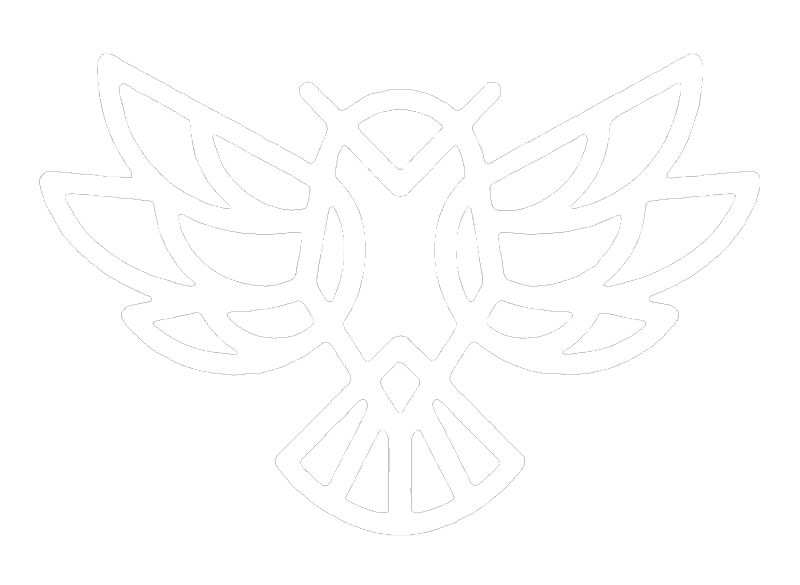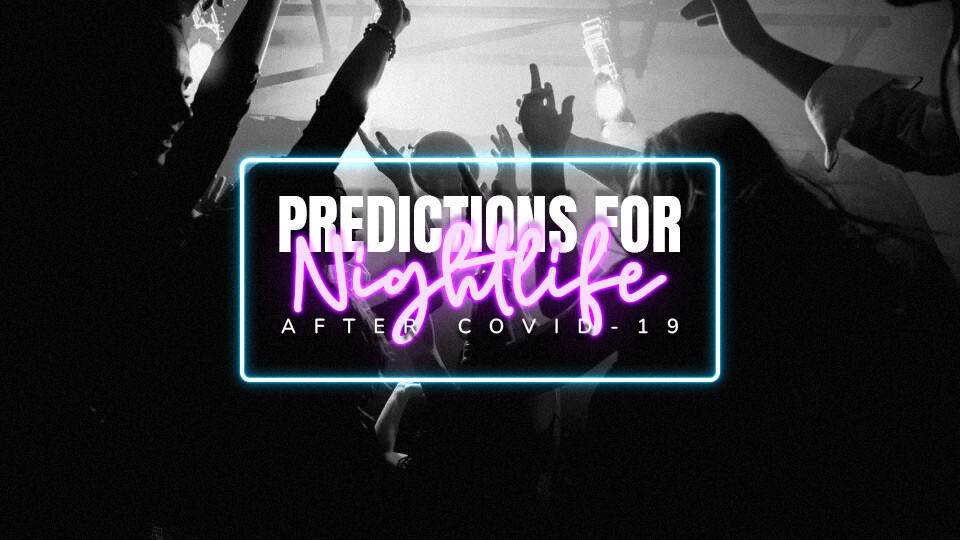While the pandemic has greatly impacted the nightlife scene, it's important that club owners and venue operators take the time now to focus their efforts on an effective and safe reopening.
AND WITHOUT WARNING, the music stopped.
Almost everyone knows that the Covid-19 pandemic has devastated the nightlife industry with social distancing, lockdowns, mask-wearing and early curfews. For the past six years, my exclusive nightlife and events app, InList, has produced and hosted the largest VIP event during Art Basel in Miami. This year, it won’t — next year is anyone’s guess.
The industry is in serious trouble. But from my perspective, a large portion of the nightlife ecosystem was already hearing death knells well before the pandemic. Covid-19 is simply the outsized straw that broke the camel’s back in many cases.
In Las Vegas, nightclubs are quietly but hurriedly rebranding themselves as anything but nightlife. Marquee Nightclub is now Marquee Pool at Night. Marquee Dayclub is now simply Marquee Pool. These branding shifts signify more than compliance with Covid-19 measures, but the exhaustion and oversaturation of the mega-club industry.
For many years now, the slow-building tsunami of disinterest in jam-packed clubs has swelled, and that lassitude finally crested in 2020. Hipsters and new money are now seeking more intimate lounges, bespoke experiences and upscale restaurants — leaving only the select few of eras past still interested in traditional nightclubs.
The rapid growth of the mega-club, particularly in the United States (Ibiza may forever be an exception), was not fueled just by consumer demand, but by an unbridled desire for growth among venue owners and DJs. Club owners and DJs worked behind closed doors to lock in exorbitant yearly rates to ensure DJs couldn’t play at smaller venues. Owners then built venues that could support such extravagant DJ fees by converting nearly every square foot into VIP tables for bottle service (if you didn’t have a VIP table at these mega-venues, you really felt like a loser). It was designed that way. But like always, overcommercialization of anything often leads to its demise.
Death by DJ
Nightlife used to be exclusive, intimate and real. In my conversations with Michael Capponi, a well-known businessman in the Miami nightlife scene, we’ve discussed just how seismic these shifts have been. He reminded me that there was a time where a typical midsize (10,000-square-foot) venue raked in $75,000 to $100,000 per night. The clientele was satisfied, and club owners raked in plenty. A good DJ was usually paid under $1,000 per night.
Capponi told me that was when the DJ boom (a.k.a. the EDM era) happened. As DJs grew more popular, they started demanding extravagant rates. When DJs began requesting fees in the realm of $50,000 a night to play, smaller clubs couldn’t afford to pay, which led to hundreds of the best clubs closing. Club owners started building massive clubs to house hundreds of high-priced tables. These rates pushed out the locals, while the wannabes and suburbanites flooded the scene.
The largest shift, Michael told me, was when some of the top DJs began demanding rates anywhere from $125,000 to $350,000 per night. Could that be what killed the scene? The new breed of club owners who acquiesced essentially ended all smaller venues.
In the past decade (before Covid-19), nearly half of U.K. nightclubs closed. Of course, this isn’t all the clubs’ fault. Many external forces have imposed themselves: shifts in generational preferences, the rise of dating apps and more. Add the coronavirus, and now even the trendiest clubs are sitting empty.
And it’s not just mega-nightclubs and DJs hit by the pandemic. Even charity events with hints of nightlife have been rescheduled more than once. For example, the Little Lighthouse Hearts And Stars Gala (where VIP tables start at $5,000) was originally rescheduled for November 2020 but has been pushed again to spring 2021.
Open to Interpretation
While the nightlife scene has been greatly impacted by the pandemic, club owners and venue operators have the opportunity to take the time now to prepare for their reopening (whenever that may be). I expect the venue owners who are prepared to safely accommodate people when the time comes will be those venues that appeal most to attendees. There is a clear advantage to venues that can immediately operate outdoors, but venue owners, event organizers and producers still have options to ensure a safe return to a more intimate nightlife scene in the future.
Here are four predictions, as well as tips, that venue operators should consider when planning their post-Covid-19 reopening, whenever that may be:
1. The Future Is Open: Venues that can make use of outdoor space will likely fare better. Even if cases plunge imminently (which seems unlikely), the stigma associated with packed indoor spaces will linger. Now is the time for venue owners to embrace outdoor space, and if they have none, consider expanding or moving to a space that allows it.
2. The Future Is More Intimate and Curated: There’s something magical about a music festival and the energy of a large crowd; those will return in due course. Meanwhile, venue owners not involved in festivals should focus on smaller, more intimate events. Even if you still have a viable business plan for a mega-club, I recommend diversifying into smaller clubs, lounges or upscale restaurants that rely on original programming (not just headliner DJs) and allow for people to converse and hear each other.
3. The Future Is Clean: I believe service industry workers should always have worn masks, especially in the kitchen. The pandemic has forced us to implement many cleanliness habits we should have already adopted. Let’s keep them. This includes hand sanitizer, contactless payments, frequent cleaning and more.
4. The Future Is Unpredictable: Unpredictability is causing many patrons to book their reservations at the very last minute. Venues need protections against cancellations, including well-communicated no-show and refund policies. And patrons, please have patience and respect for the venue and event organizer — they’ve gone through extreme setbacks and great efforts to reopen and give you memorable experiences.
While the pandemic has greatly impacted the nightlife scene in myriad ways, it’s important that club owners and venue operators take the time now to focus their efforts on an effective and safe reopening, when the time ultimately comes.


